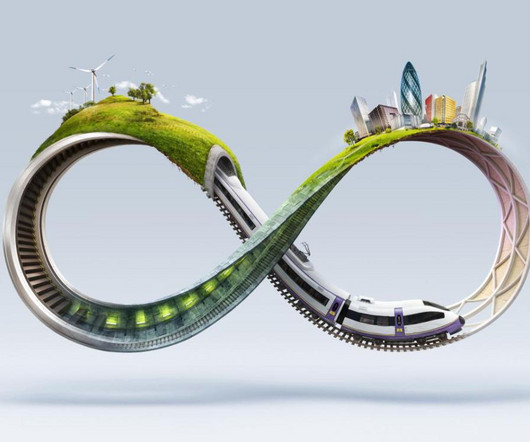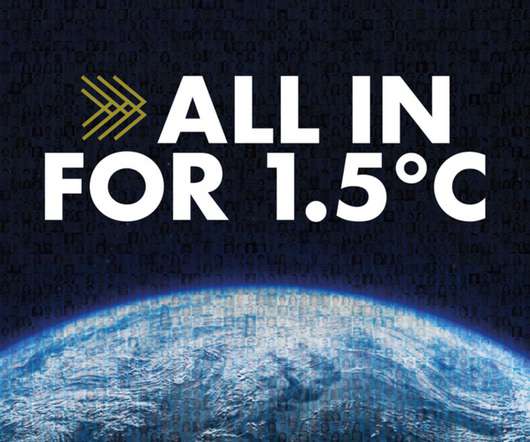Land Betterment: Why We Value Our B Corporation Certification
3BL Media
SEPTEMBER 12, 2023
At B Lab, they envision a global economy that uses business as a force for good. This economy is comprised of a new type of corporation – the B Corporation - which is purpose-driven and creates benefit for all stakeholders, not just shareholders. There's no reason for business to be any different.












Let's personalize your content